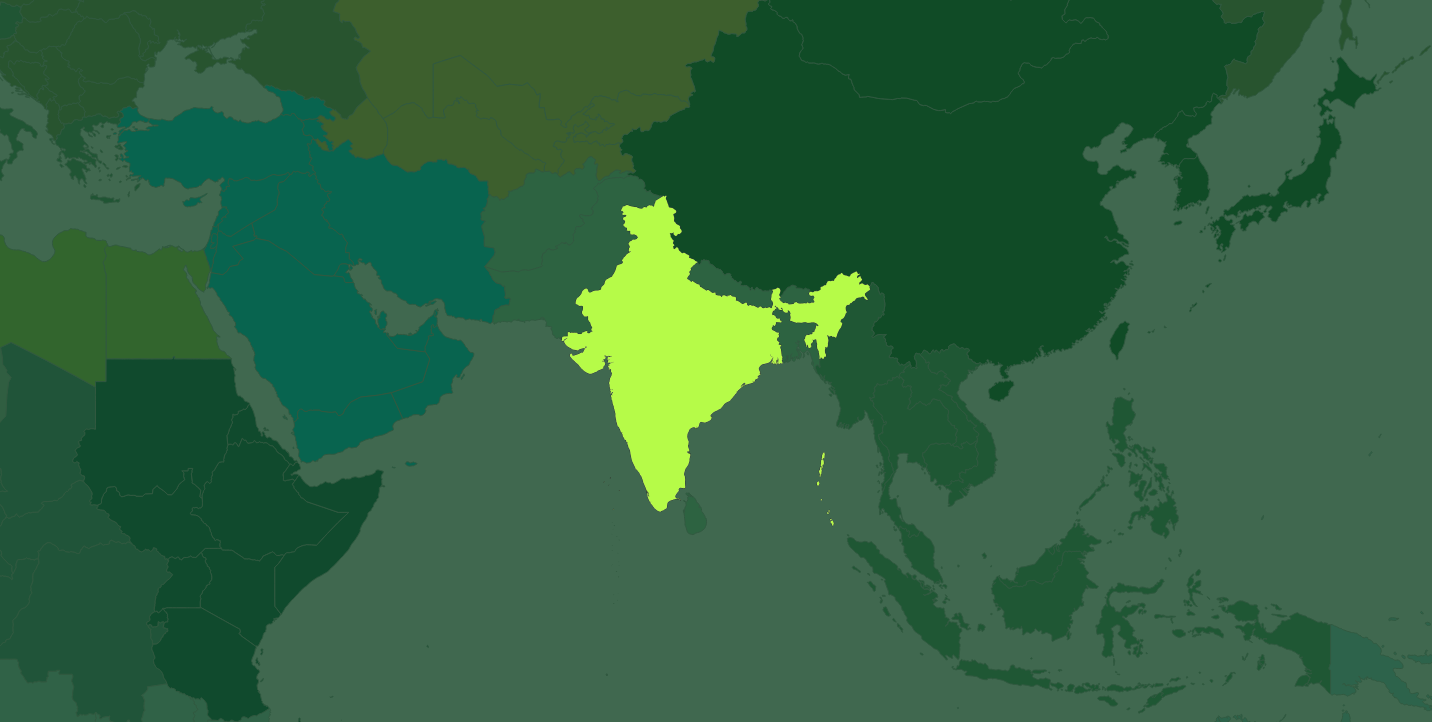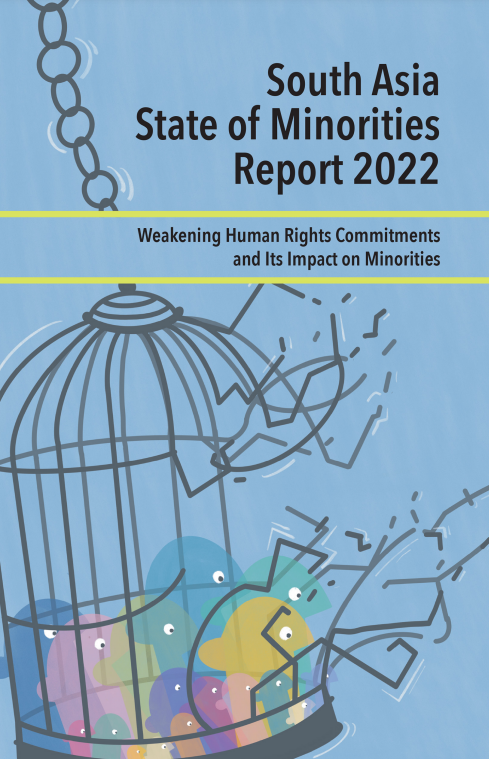
Navigating human rights challenges: India’s escalating concerns
At the 55th Session of the UN Human Rights Council, taking place on 20 March 2024, Glenn Payot addressed the Council on the escalating human rights concerns in India. With 970 million voters gearing up for a significant election, the country is witnessing a surge in hate speech and targeting of minority communities, particularly Muslims. Amidst vague laws facilitating hate crimes and property destruction, societal polarization is on the rise, heightening the risk of atrocity crimes.
Mister President,
In India, 970 million voters will vote in April-May 2024 in a high-stakes election. In the lead-up to the elections, hate speech and inflammatory rhetoric against minority communities, particularly Muslims, have escalated. This takes place in a context of deliberate and sustained targeting of minority communities under vague laws and policies justifying hate crimes and the arbitrary destruction of properties.
The widespread nature of this anti-minority targeting is further contributing to polarising society, increasing the risk of atrocity crimes. This is taking place as violent incidents continue to occur in places where anti-Muslim violence took place in 2023, such as Manipur, Haryana and Uttarakhand.
With the government having just announced the rules to the Citizenship Amendment Act, a discriminatory law singling out Muslims from nationality claims that violates national and international law will now formally come into effect. This is going to further aggravate the already supercharged atmosphere.
Parallel to this, authorities have been systematically targeting journalists, human rights defenders and independent NGOs, as well as opposition politicians, effectively closing civic space in the country.
The High Commissioner expressed, at the start of this session, grave concerns over the ‘increasing restrictions on the civic space […] as well as by hate speech and discrimination against minorities, especially Muslims.’ UN experts echoed these concerns, calling on India to adopt corrective measures and reverse the trend of ongoing violations, which aligns with India’s international commitments.
MRG therefore calls upon this Council to closely monitor, address and report on the human rights situation in India, and hold India to its international human rights obligations.
I thank you.


